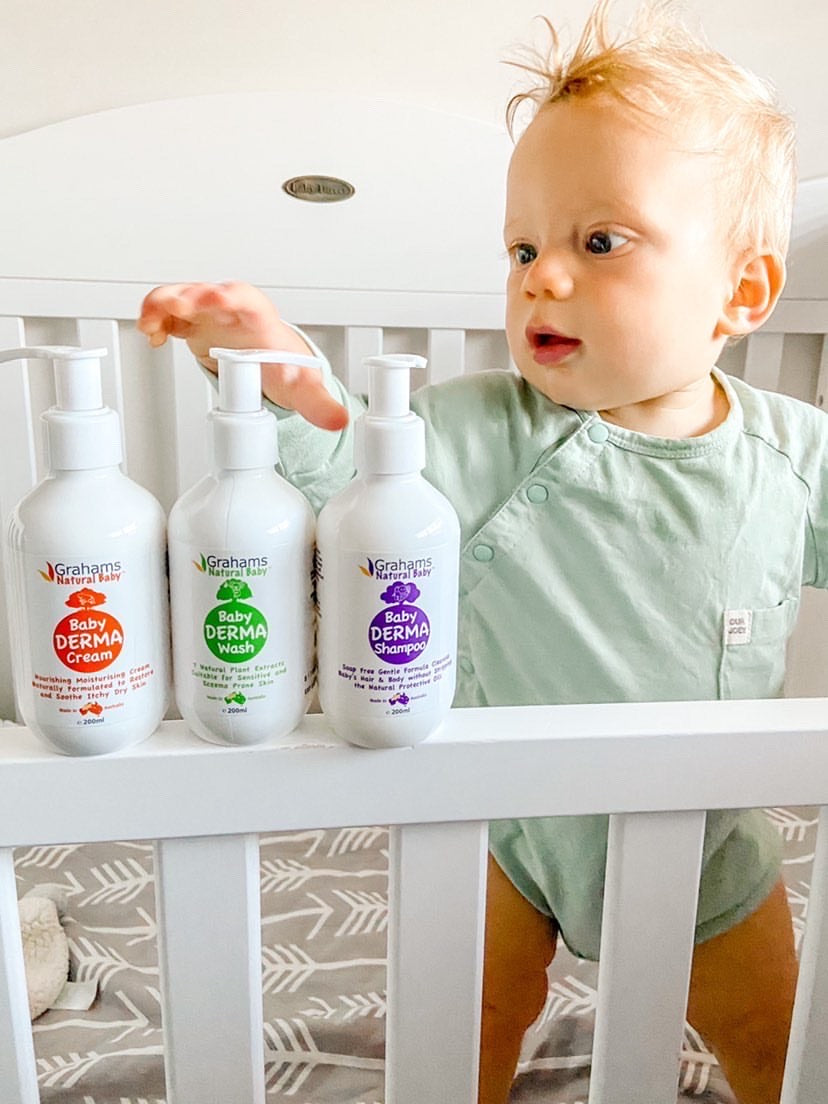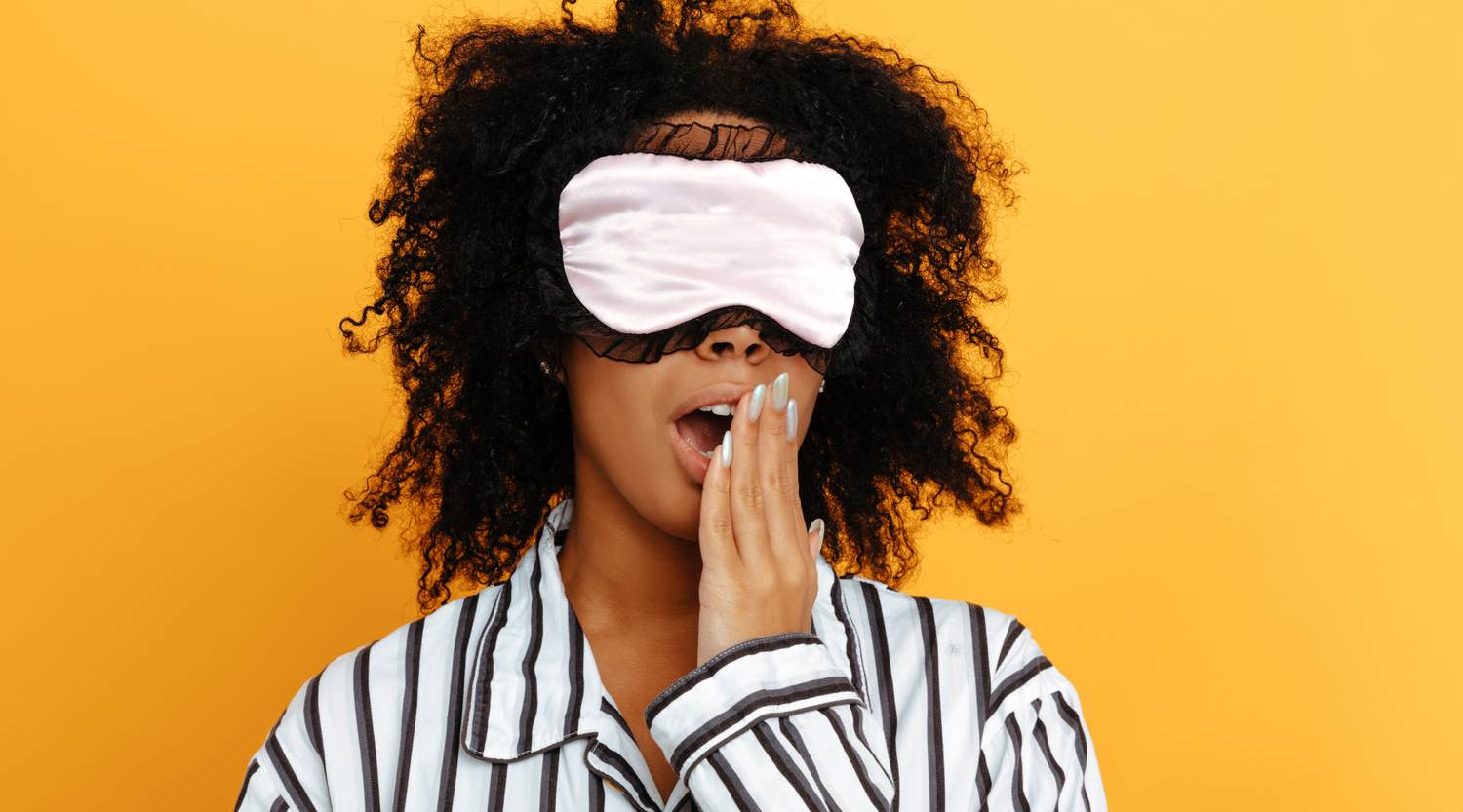Why is sleep so important?
Sleep is super important for all ages! There is no magic number, it is different for everyone. It is super important to recognize how much sleep leaves you feeling rested and energized, and to recognize the same in your children’s behavior. As a guideline, this is about how much sleep everyone should be getting based on their age:
Babies under 1: 14-18 hours throughout the day and night
Toddlers: 12-14 hours per 24 hr period
Primary school: 10-12 hours per day
High school: 8-10 hours per day
Adults: 7-9 hours per day

Tips to get your bub sleeping well
- Take note of your child’s energy levels
Recognizing the change in energy levels while your child is awake will help you accurately establish when they start to get tired. Building their naps and bedtime around their natural body clock will help set them up for a good night’s sleep. Some bubs don’t enjoy naps so try making their bedtime a little earlier as this will help change their natural body clock. Older children should avoid taking naps!
- Plenty of sunlight/outside play time
While the sun is out, make sure you take your children outside and give them ample opportunity to play in the sun. This will help suppress the natural sleep hormone, melatonin, during the day, so when it is time for them to go to bed the levels of melatonin will be high enough for them to quickly fall asleep helping ensure a good nights sleep.
- Avoid processed foods and drinks
A sugar rush is detrimental to a child’s energy levels so avoid giving your child too many processed foods and drinks! Try to keep their blood sugar levels stable by including lots of whole foods like vegetables, whole grains, protein and healthy fats at each meal and snack. If they have a sugary breakfast, they’ll crash at lunch and likewise if they have a sugary lunch it can leave them irritable at bedtime causing all kinds of problems! Including 5+ a day in your child’s diet will help them sleep better naturally.
- Dim the lights, and turn-off screens at least one hour before bed
This is a blanket rule even for adults! Blue light keeps the brain wired and awake so make sure you turn all devices and screens off at least an hour before bed. Creating a dimly lit environment allows melatonin levels in the brain to rise, a natural indictor to your child that it is time for them to sleep. Blue light suppresses this natural hormone and tricks the brain into thinking it is still daytime.
- Make bath time relaxing
Making bath times relaxing can help calm your child before bedtime, ensuring their sleep is deeper. Using products with soothing herb extracts like Lavender and Chamomile will help soothe and nourish your child’s skin which will calm them for bedtime. Our Baby Derma Shampoo contains both these soothing extracts and can also be used a two in one body wash and shampoo!

- Create a comfortable sleeping environment
A comfortable sleeping environment will help your child feel safe and secure when heading to bed. Ensure their bedroom looks the same throughout the day. Shifting things around the room at bedtime may make them restless. Turning out the lights and notice anything that may seem scary if they wake in the night. For example, shadows on the wall or open cupboards could seem scary to a child at night. The less distractions when they wake during the night, the easier they’ll get back to sleep.
- Make bedtime consistent
Keep the bedtime consistent! This is especially important as getting your child to bed at the same time every night will help set your child’s body clock. If you need to adjust bedtime, try to do it in 15-minute increments each night for a few days as this will help their body clock adjust naturally ensuring they sleep better!
- Establish a consistent bedtime routine
A predictable and consistent bedtime routine will help your child feel safe and settled. Activities that calm your child are good around bedtime! This can be activities such as reading their favourite book, singing a song, giving their back a rub (you can use our Baby Derma Cream to moisturize their skin at the same time!) or saying goodnight to their toys. Allow at least 30 minutes to an hour to include bath time, brushing teeth and getting into their pyjamas. Setting up a routine which takes place while your child is in their own bed will create a happy and safe environment which will encourage them to fall asleep as opposed to somewhere, they are sent against their will.





